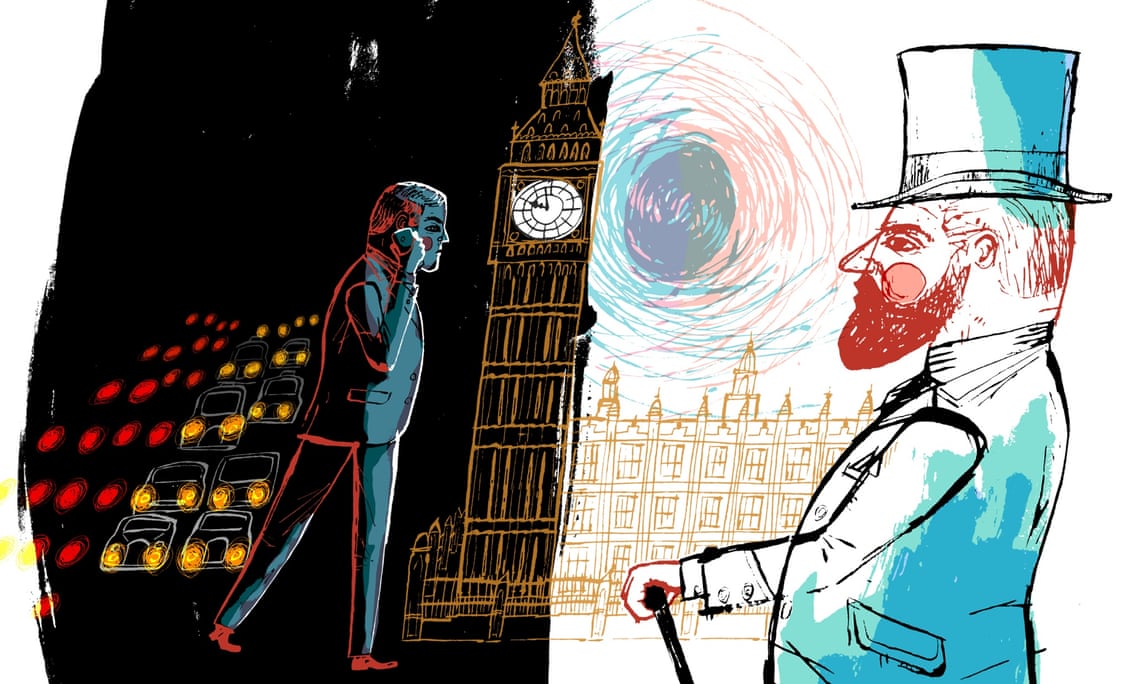 |
| Westminster’s ‘closet queens’ were past masters when it came to keeping secrets, and taking calculated risks |
From 1885, when the Labouchere amendment created the new offence of gross indecency, until 1967, when the recommendations of the Wolfenden committee were enacted, all homosexual behaviour was illegal in Britain. It continued to attract intense social disapproval for long after that: as late as 1993, according to the annual British Social Attitudes survey, most people still considered it to be “always wrong”. In this cruel and illiberal atmosphere, politicians with gay inclinations had to keep them secret from the public at large, and ran enormous risks. They were obliged either to repress their sexual feelings and lead celibate lives, or else to lead double lives, indulging their tastes clandestinely while outwardly conducting conventional, heterosexual existences, often married with children.
Yet paradoxically, “closet queens” (to use an expression that came into vogue in the 1960s) often made effective politicians. They were past masters when it came to keeping secrets, and taking calculated risks; they were also actors on life’s stage, with a strong sense of showmanship, and a flair for intrigue and subterfuge. And there was probably a far higher proportion of homosexuals in politics than in most other walks of life, partly because, as actors and risk-takers, they were drawn to the profession, and also because 20th-century British politicians were often educated at all-male boarding schools, which fostered intense (often sexual) friendships among their pupils, and provided unintentional training in the art of breaking the rules and getting away with it. (more...)
Is paedo the new gay? How much of British parliamentary tradition has Canada inherited?
What other promising careers may favour homosexuals?
No comments:
Post a Comment